Search
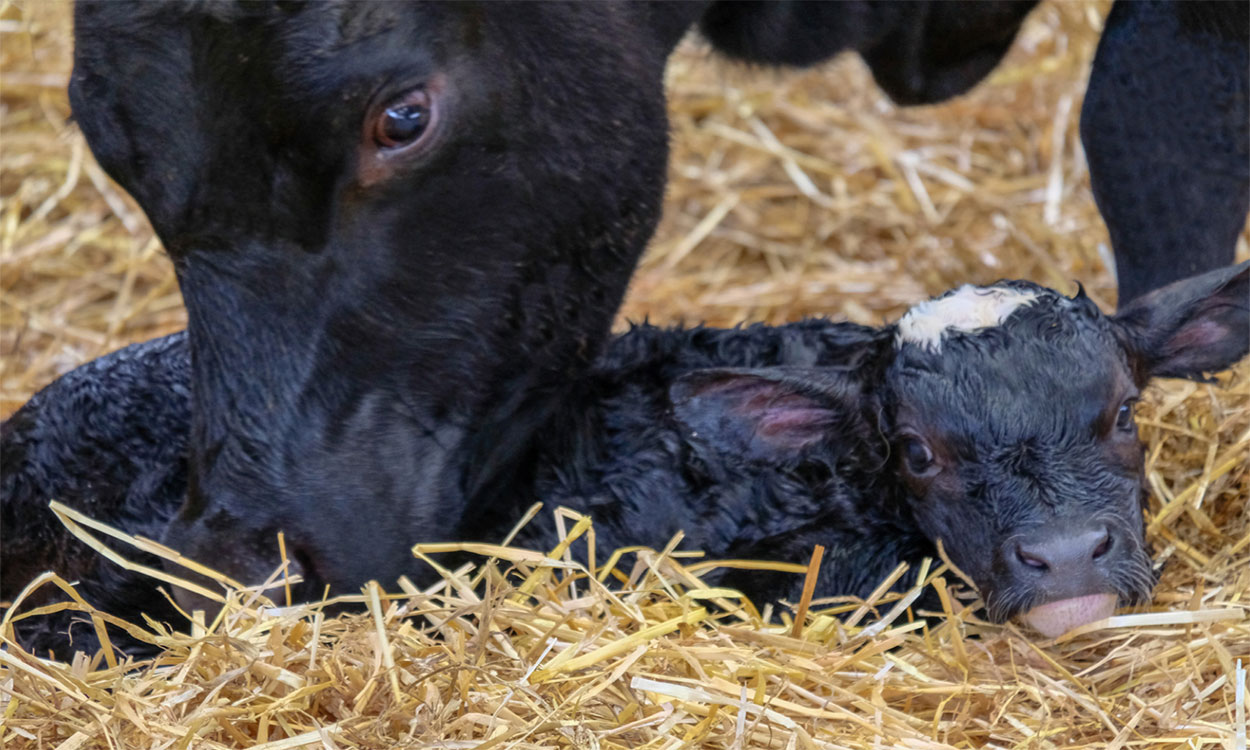
Calving in Dairy Cows: Step by Step
Calving is a critical time in the lifecycle of dairy cows and calves. Learn about the key stages of calving to help ensure healthy, high-performing cows and calves.
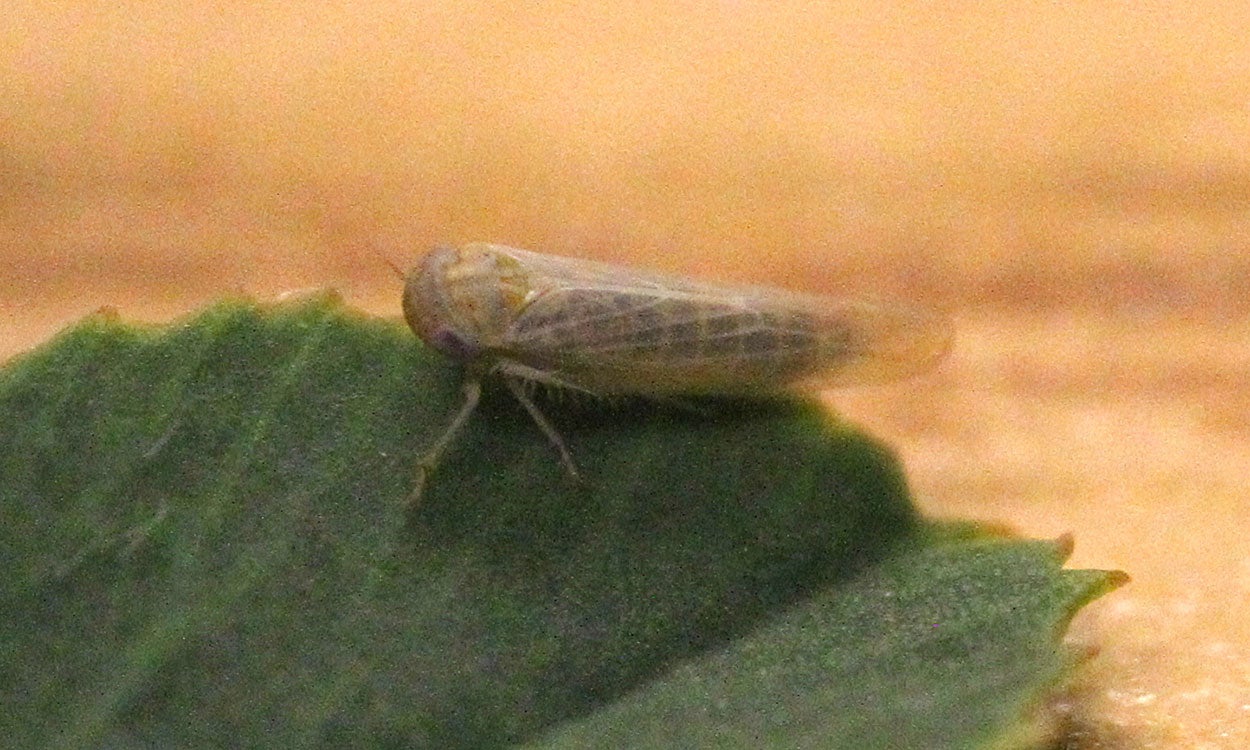
Potato Leafhoppers Arriving Early This Season
Potato leafhoppers are already active in alfalfa due to prevalent south winds and above-average temperatures. Learn some tips for scouting and managing them before they impact yields.
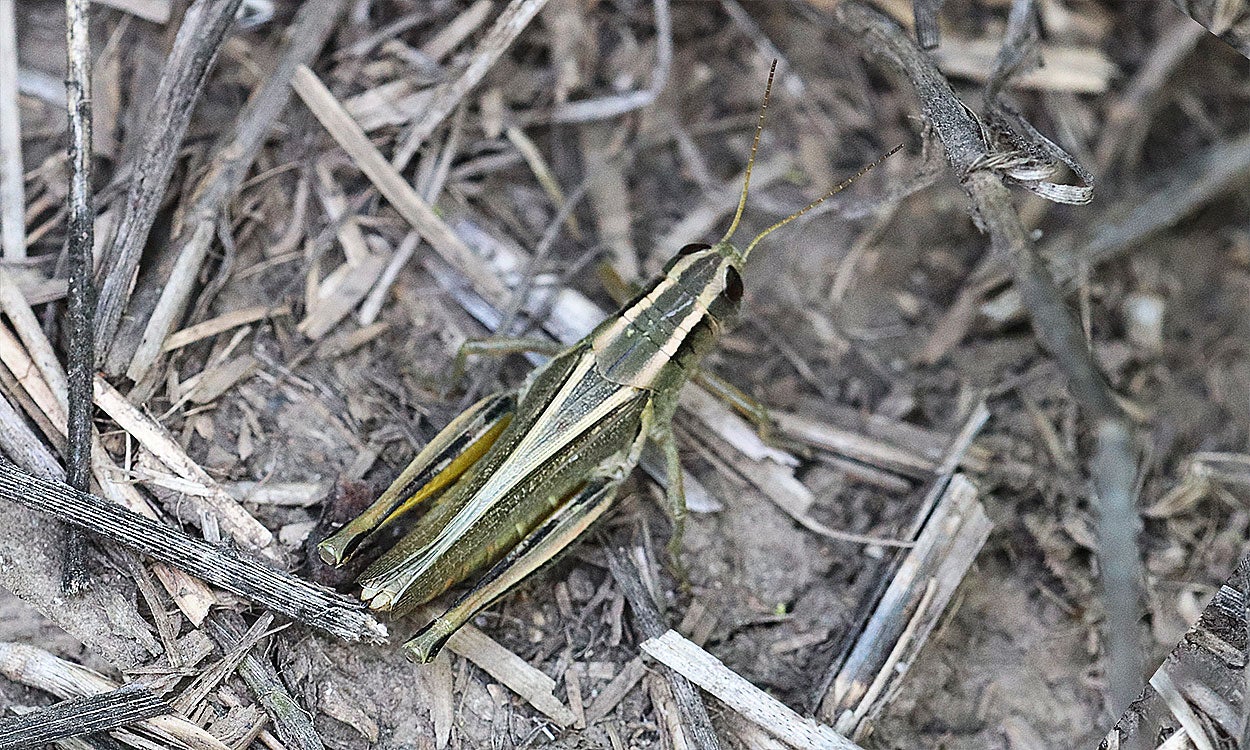
Grasshoppers May Cause Problems for Winter Wheat During Fall 2023
As winter winter begins emerging, it is important to monitor field edges for grasshopper activity and feeding injury. This is especially true in areas where large populations have been observed throughout the summer.

Iron: An Important Mineral
You may have heard or know someone who always speaks about being fatigued, weaker than they once were, or have a difficult time regulating their body temperature. There is a chance that they may be iron deficient.
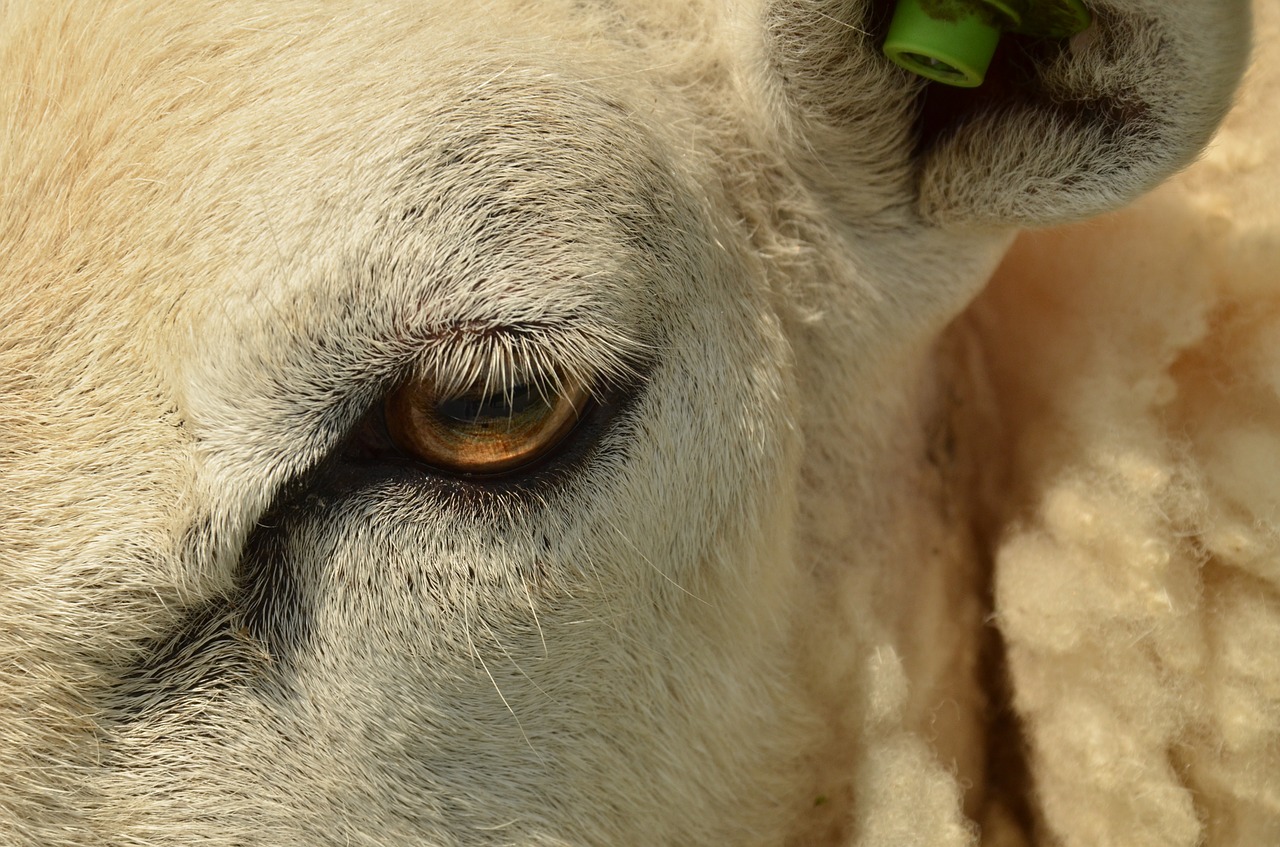
Small Ruminant Abortions: Cleanup and facility considerations
Sheep and goat producers in the upper Midwest rely on annual lamb or kid crops to maintain economic viability. Reduction in the lamb or kid crop due to abortion (premature birth) and stillbirths are a common occurrence on many farms. Some of these problems have implications for human health as well as animal health.
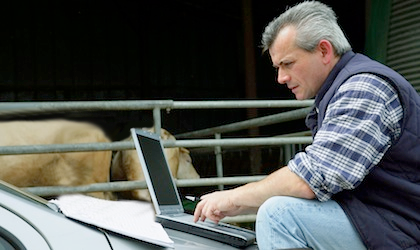
Simplifying the Replacement Heifer Dilemma: To Buy or To Raise?
Purchasing or raising replacement females represents a significant investment for cow/calf operations and the impact may be felt for years after.
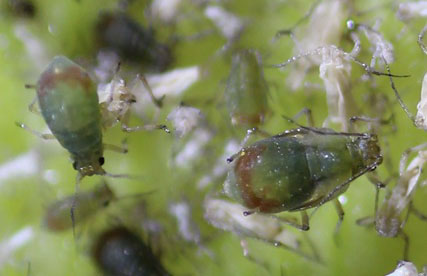
Scouting Winter Wheat for Aphid Pests
Although we cannot predict aphid pressure in winter wheat, there are measures that may be taken to reduce the risk associated with these insects.
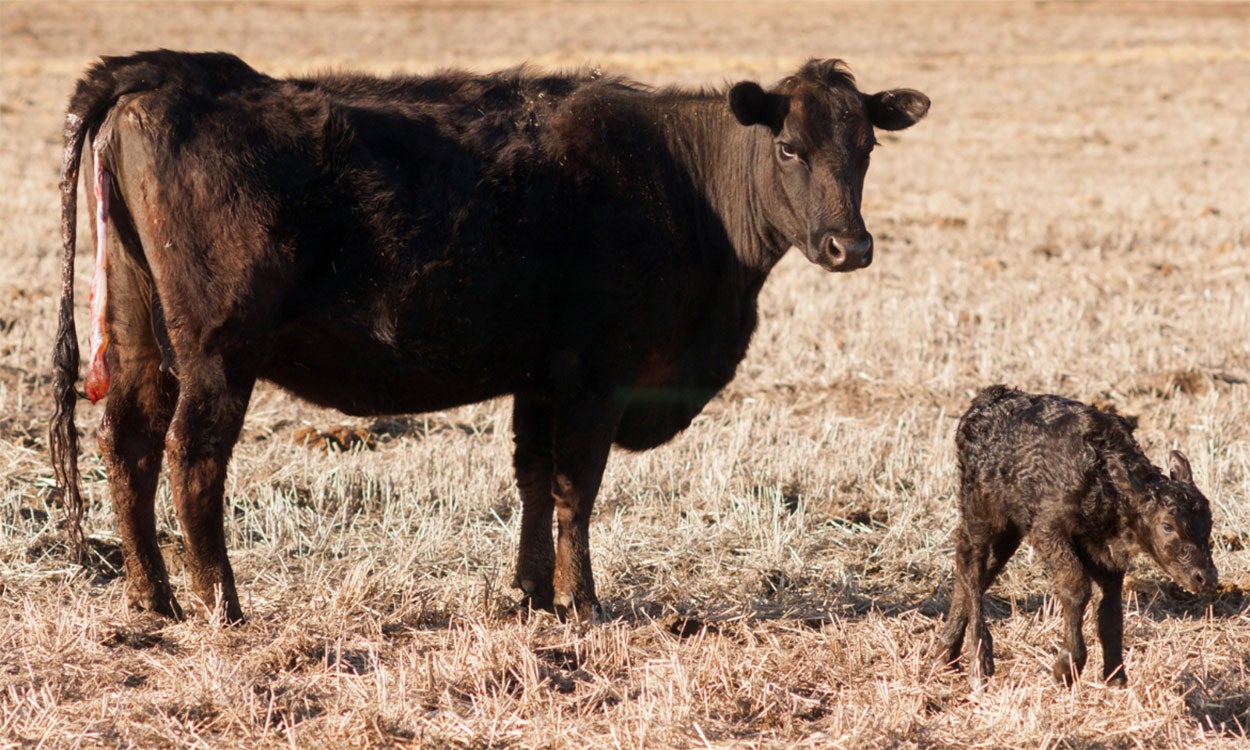
Calf Health Following Calving
Considering calf health following calving is a number one priority for calving season and to better prepare the calf for the rest of its life.
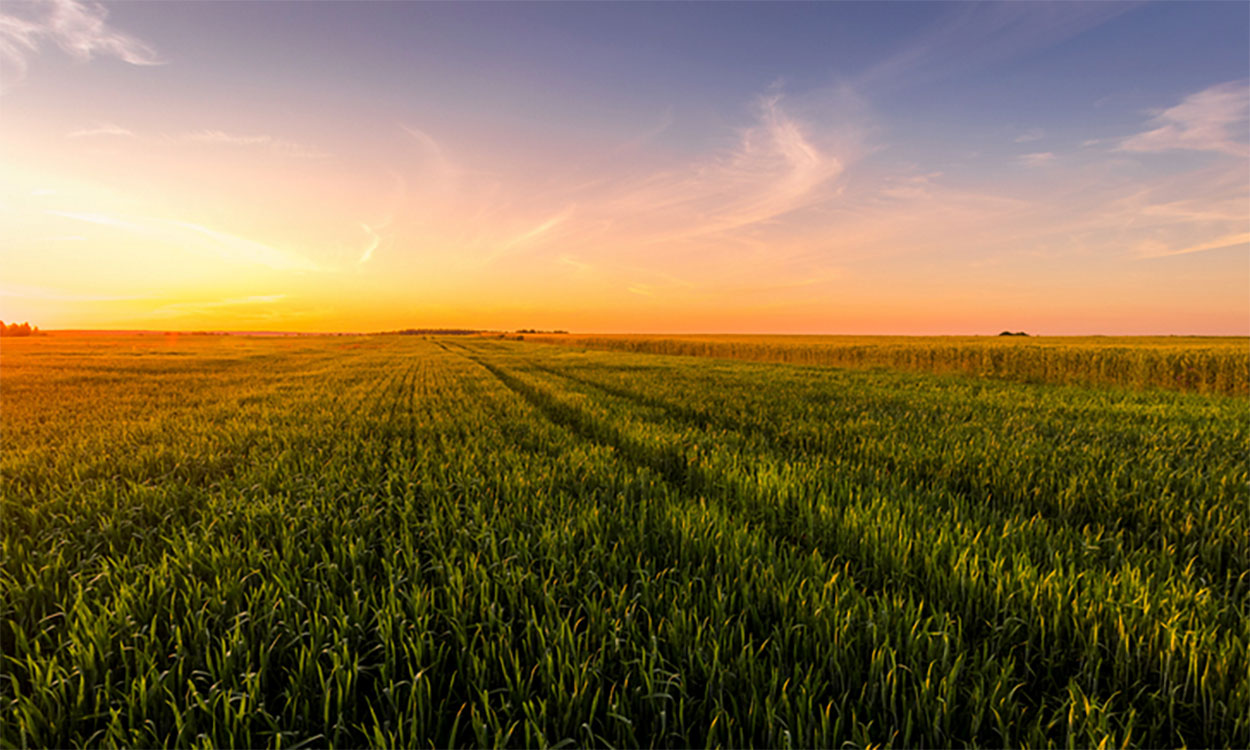
Crop Changes in South Dakota: 2017-2022
According to the recently released 2022 Census of Agriculture, crop variety has slightly increased in South Dakota over the past five years (2017-2022).
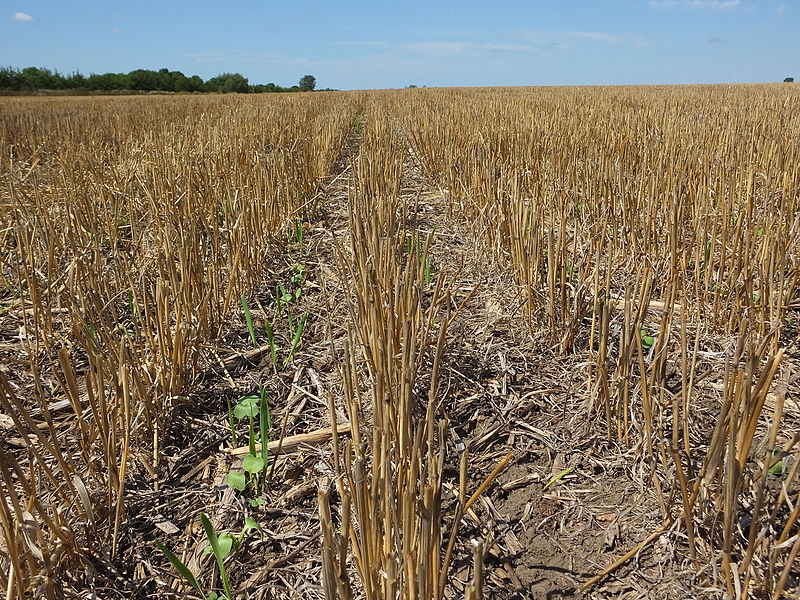
Cover Crop Adoption: Farmers’ perceived benefits & barriers
Cover crops are generally defined as crops planted between cash crops to cover and protect the soil. Some demonstrated benefits of cover crops include: reduced soil erosion, increased soil organic matter, increased biological variety, increased nitrogen supply, and weed control. Depending on the farmers’ objectives, different species of cover crops can be planted. For example, if a farmer’s main objective is to increase nitrogen supply, then legume cover crops best suited to the farm area should be selected.